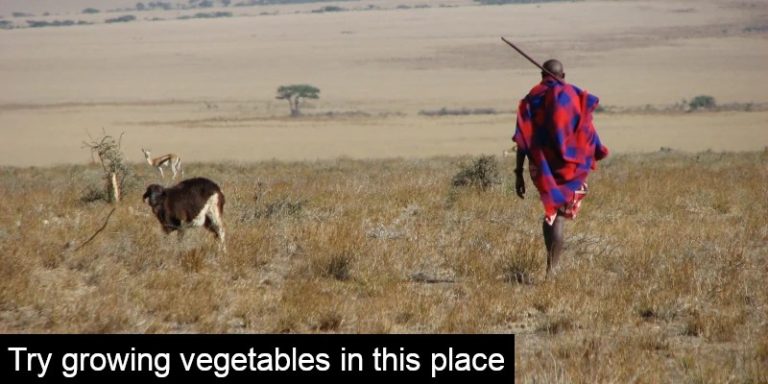Article by Eric Worrell
…In the context of development progress, animals such as cows, goats, camels and pigs should be considered “legged solutions”…
Climate policy must not do away with livestock
Sustainably grazed cattle can be part of climate action and help vulnerable people build resilience.
Ali Mohammed, Kenya’s special climate envoy
Livestock is an important component of Africa’s food systems and rural livelihoods. There are approximately 400 million cattle in Africa alone, and the livestock industry accounts for 30% to 40% of the continent's agricultural gross domestic product.
Small amounts of meat, milk and eggs can have life-changing benefits in tackling malnutrition, while livestock can also provide a reliable source of income when alternatives simply don't exist.
However, from an environmental perspective, livestock is often seen as a problem, leading to habitat loss, greenhouse gas emissions and land degradation. This narrow view ignores subtler realities. This is why much-needed funds are not being invested in the industry.
…
In the context of development progress, animals such as cattle, goats, camels and pigs should be seen as “legged solutions” to the massive climate and environmental crises.
…
Learn more: https://www.aljazeera.com/opinions/2024/10/21/climate-policies-must-not-write-off-livestock
While there are many areas where cattle graze and can be used to grow vegetables, cattle farming is also viable where vegetables wither and die.
Grazing also improves grassland health – grassland needs grazing. Ecologists once believed the opposite, that grazing degraded grasslands and increased the risk of desertification. This profoundly misguided belief led to the slaughter of more than 40,000 elephants—and then an ecologist who helped organize the slaughter realized to his horror that it had all been a huge mistake.
There are other considerations. On Monday of this week, a medical professional I went to see for my annual checkup told me that I had to eat more meat, and his advice was that I had to replace most of the carbohydrates in my diet with meat. Vegetables are mostly carbohydrates, so I had to cut down on my vegetable intake, especially starchy vegetables like potatoes.
There are many others in the same situation as me.
Reducing meat from the global diet will lead to widespread illness and, ultimately, premature death.
But who knows, maybe some Greens will see the quiet killing of hundreds of millions of people who medically need a meat-rich diet as a milestone in achieving the goal of reducing the global population.
Relevant
